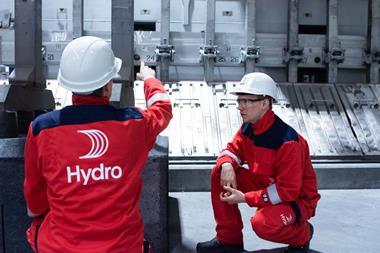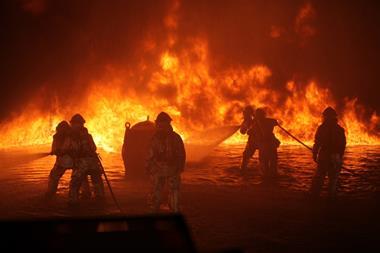40% of Fortune 1000 companies surveyed said the impact of a water shortage would be severe or even catastrophic
With less than three per cent of the world’s water now reachable and fit for human consumption – a figure that is shrinking – 40% of Fortune 1000 companies surveyed said the impact of a water shortage would be severe or even catastrophic. Despite this, less than one-in-five (17%) said they have prepared for such a crisis, according to research sponsored by the Marsh Centre for Risk Insights.
Almost half of the survey respondents, 47%, said water is critical or very important to their day-to-day operations, but only six per cent believe it is likely that in the next five to ten years access to water for manufacturing and drinking will be significantly reduced because of quality degradation or scarcity.
‘Many corporations across seemingly unrelated economic sectors are exposed to water scarcity and pollution risks, usually in their supply chains,’ warned Carol Browner, principal of The Albright Group and former administrator of the US Environmental Protection Agency. ‘Changes in our global climate, along with rising consumption levels, will dramatically alter water distributions and availability over the coming decades. Businesses need to take time to identify the challenges and opportunities posed by local and regional changes in water availability.’
Harvey Pitt, chief executive officer of global business consulting firm Kalorama Partners and former chairman of the Securities and Exchange Commission believes that, whether it’s a loss of water, the outbreak of potentially fatal disease or the aftermath of a terrorist act, executives today are being tasked with risk-management responsibilities their predecessors never faced.
‘Business leaders have a fiduciary responsibility to their board, shareholders, employees and customers to understand the implications of emerging threats and take steps to address these challenges,’ said Pitt. ‘It’s no longer acceptable for CEOs to stand up and say, “I didn’t realise it could happen” after a crisis occurs.’
Survey respondents were asked about preparedness for eight different potential risk scenarios, including natural disasters, terrorist attacks, oil price spikes, global climate change, housing market collapse, risks associated with nanotechnology, access to water and pandemics. Despite the growing number of threats, 44% of respondents said one of the main reasons their companies didn’t bother to prepare for crisis situations because they felt these types of risks weren’t relevant.
Complete survey results are available on the Marsh Centre for Risk Insights’ web site at www.risksmarts.com.



















No comments yet